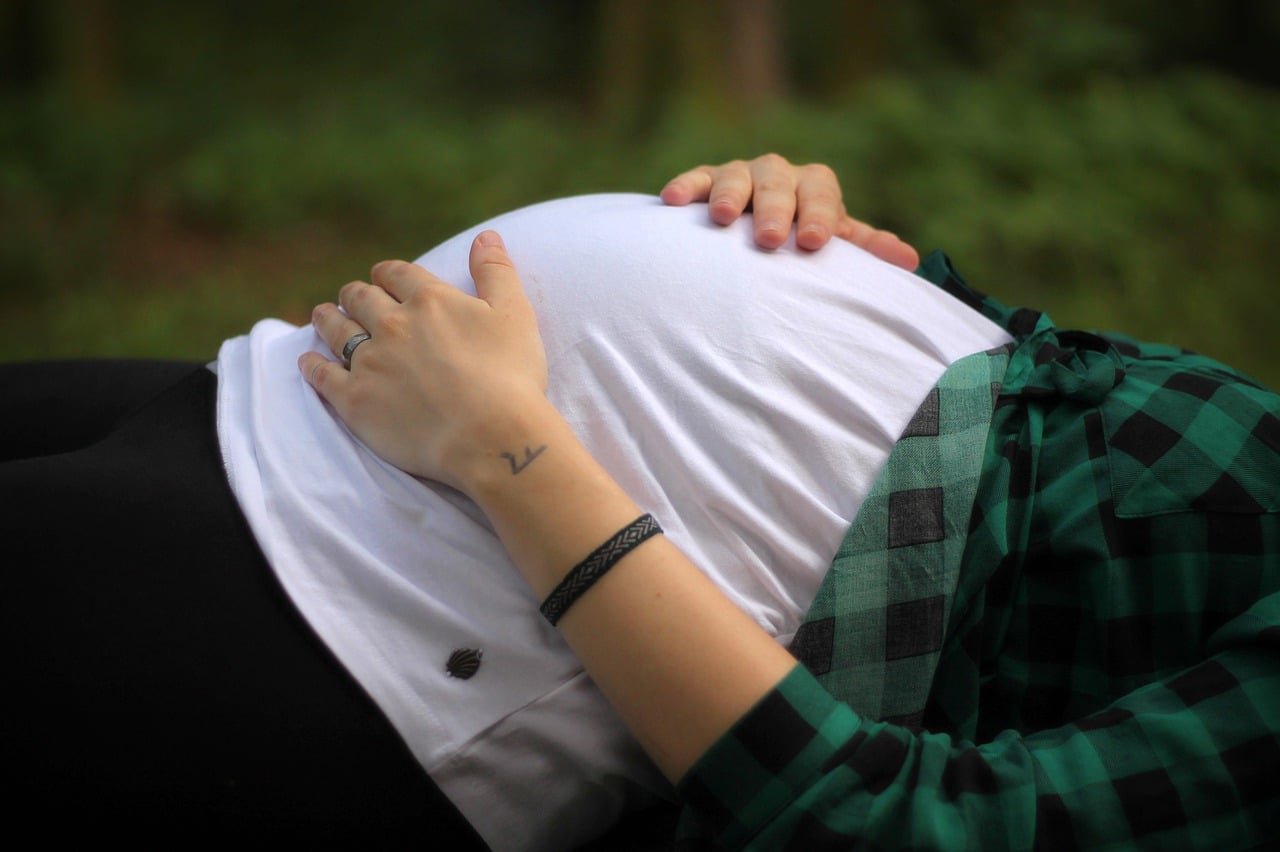For most women, motherhood is undoubtedly nature’s most precious gift. Nevertheless, it has become increasingly evident that not all couples can rely on the certainty of conceiving biological children due to the myriad of health-related challenges many women face. Consequently, a significant percentage of women turn to assisted reproductive methods. Reasons include the absence or malformation of the uterus, repeated miscarriages, failed embryo transfers following in vitro fertilisation, and serious heart or kidney conditions.
To address these issues, a progressive law was introduced and passed in Cyprus in 2015, known as the “Law on the Implementation of Medically Assisted Reproduction of 2015” (69(I)/2015), which primarily focuses on surrogate motherhood – a relatively new concept in Cyprus.
Surrogate motherhood procedures are applicable to individuals aged 18 and above but not exceeding 50 years of age. These procedures are supervised by the Council for Medically Assisted Reproduction. In exceptional cases, the council has the authority to grant exceptions to the age limit. Those interested in seeking an exception must submit a request detailing the reasons justifying the need for such an exemption.
Surrogate motherhood involves a woman carrying and giving birth to the child of a couple who wishes to have their own biological child. Specifically, as per Article 22(1) of the law, it is “the transfer of embryos of third parties to her own body and pregnancy by her, which is allowed by a court order issued prior to the placement of the embryos in the surrogate mother’s uterus, subject to the Council’s approval, as well as the conclusion of a written agreement, without consideration, between the couple seeking to have a child and the woman who will carry the pregnancy, as well as her spouse if she is married.”
Requirements for council approval
Article 23 of the law provides that the couple seeking to have a child through surrogate motherhood must submit an application to the council to obtain written approval. The form of the application is determined by the council’s decision.
The council issues written approval, allowing the couple to subsequently apply to the court for the issuance of a surrogate motherhood order, provided that all conditions under the law are met.
Article 24 of the law stipulates that, to obtain a surrogate motherhood order, the couple’s application is submitted to the court, which issues the order after ensuring that the couple has obtained the council’s written approval.
The court, when issuing the order, may impose such terms and give instructions as it deems necessary for the effective implementation of the order and the achievement of its purposes.
Challenge to maternity
Article 25(5) of the law specifies that any challenge to maternity, if it arises, must be made within six months from childbirth, either by the surrogate mother or the pregnant woman herself, provided that the pregnant woman is the biological mother. The applicant may bring the challenge in person or through her legal representative, after obtaining relevant permission from the court.
Furthermore, the law states that the surrogate mother is not considered the child’s parent; rather, the child’s parents are the couple seeking to have a child through surrogate motherhood. They have all the rights and responsibilities associated with parenthood. After childbirth, the couple is obligated to take custody of the child, and under no circumstances can they refuse to accept or abandon the child for any reason. Failure to do so constitutes a criminal offence, subject to a maximum penalty of five years’ imprisonment.
Until recently, there was no legislation in Cyprus regulating the issue of surrogate motherhood. As a result, biological parents of the child either followed the adoption process or secretly sought assistance in countries where surrogate motherhood was legal according to their laws. In such cases, there was a risk of the surrogate mother refusing consent for adoption or encountering various issues when transferring the child to Cyprus. With the enactment of this law, all these problems have been eliminated.
The law aims to restrict the possibility of uncontrolled use of the surrogate route, establishing general principles governing medically assisted reproduction. The state’s objective should not be to deprive couples of having their own biological children through medical means. Instead, it should focus on controlled medically assisted reproduction, prioritising the safety and health of all parties involved while preventing any form of exploitation of these methods for purposes, whether economic or commercial, other than the intended one.
Katerina Pillakouri is an associate at Elias Neocleous law firm







Click here to change your cookie preferences